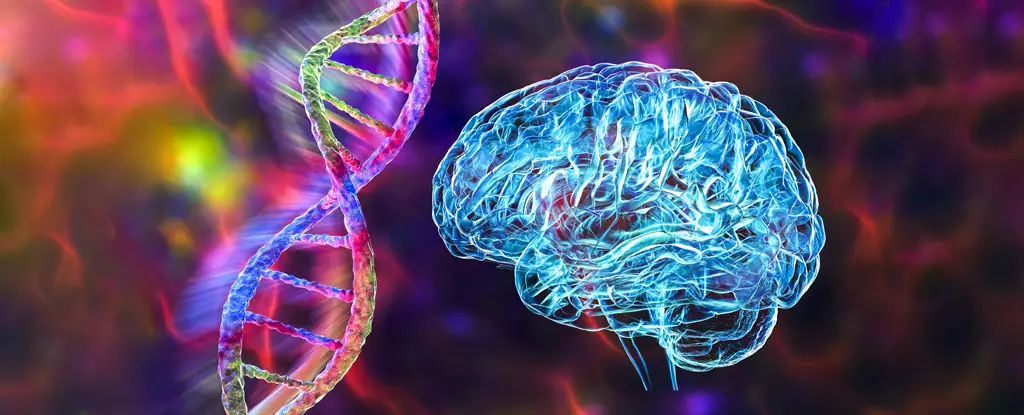Recent advances in psychiatric genetics reveal a profound connection between multiple disorders, indicating that various conditions may arise from similar genetic roots. A pivotal study has pinpointed several genetic variants that are implicated in eight distinct psychiatric disorders, including autism, ADHD, schizophrenia, and more. This discovery enhances our understanding of the biological underpinnings of these conditions and opens avenues for developing treatments that span multiple disorders, rather than isolating them based on superficial symptoms.
Investigators found these shared genetic variants are not only linked to the aforementioned conditions but also show prolonged activity during critical phases of brain development. Such extended engagement suggests that these variants might influence numerous developmental processes, which could lead to their involvement in various disorders simultaneously. Insights from geneticist Hyejung Won from the University of North Carolina highlight the intricate relationships between the proteins produced by these genes, describing a network where alterations can have cascading effects across multiple pathways in the brain.
A significant aspect of this research is the concept of pleiotropy, wherein a single gene variant can affect multiple traits or conditions. The study identified 683 genetic variants as being pleiotropic, emphasizing their role in connecting different psychiatric conditions. This stands in contrast to variants unique to individual disorders, which were shown to have a narrower range of impact. Pleiotropic variants were associated with a broader spectrum of protein interactions and demonstrated their regulatory influence across various types of brain cells, suggesting a more complex genetic architecture underlying psychiatric conditions.
The findings of this research not only reshape our understanding of psychiatric disorders but also pose challenges in their classification. The presence of pleiotropic variants complicates the traditional frameworks that categorize these conditions based on symptomatology. As Won notes, recognizing the shared genetic basis among disorders could lead to more integrated approaches to treatment, allowing for therapies that target common pathways rather than focusing solely on individual conditions.
The implications of this research extend beyond the laboratory, potentially influencing how future psychiatric treatments are developed. By identifying and targeting the shared genetic variants, researchers may pave the way for innovative therapies that address multiple disorders simultaneously, thus improving outcomes for patients experiencing co-occurring mental health challenges. This paradigm shift in psychiatric research encourages a more holistic view of mental health and reinforces the importance of interdisciplinary approaches in understanding and treating complex disorders.
Through these exciting advancements, the field of psychiatric genetics is moving toward a future where the focus is not just on categorizing disorders, but on comprehensively understanding their interconnectedness. This could revolutionize how we approach mental health, allowing for more effective treatments that resonate with the intricacies of human neurobiology.


Leave a Reply